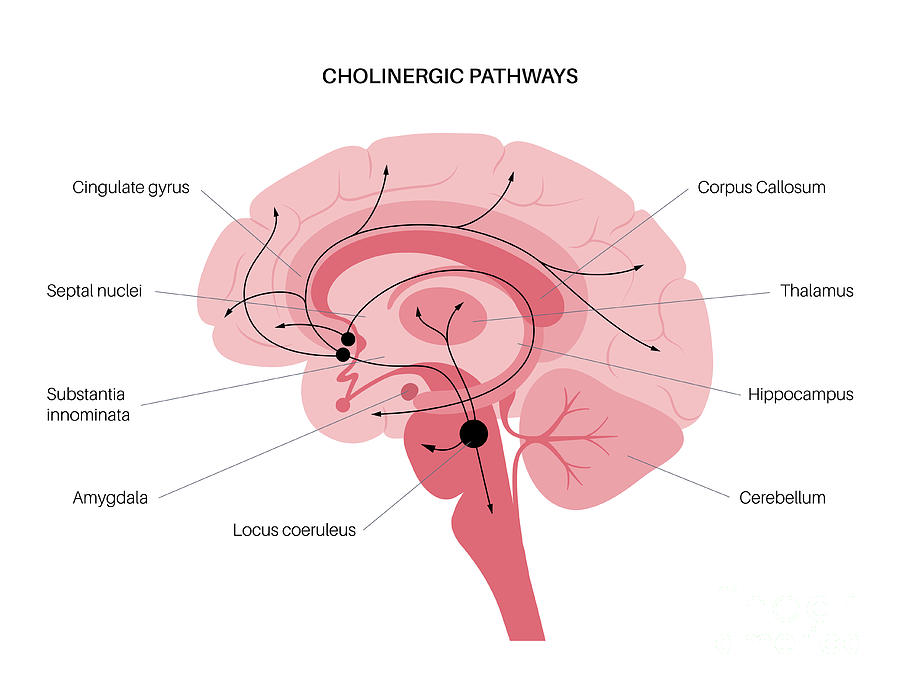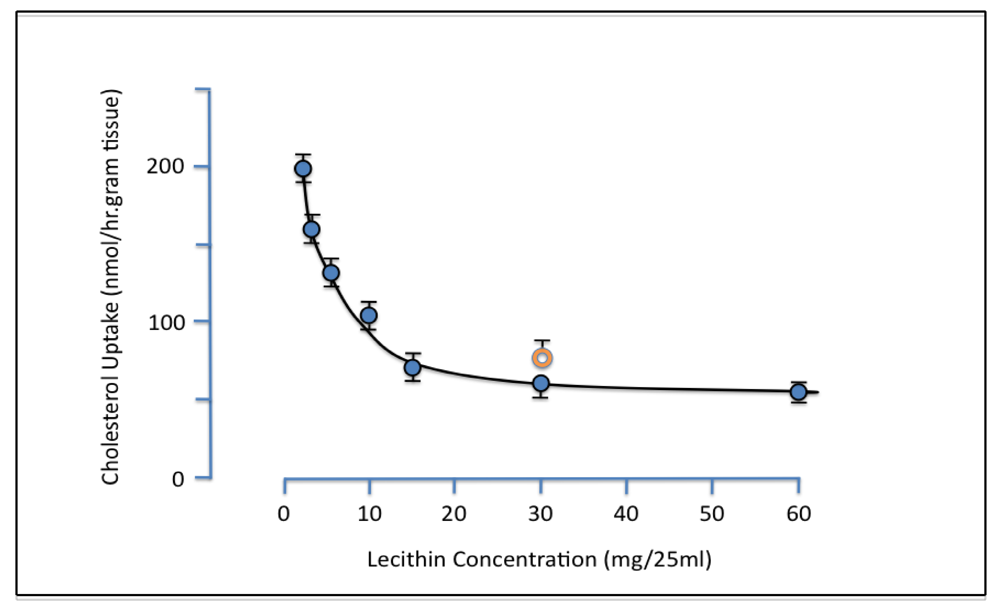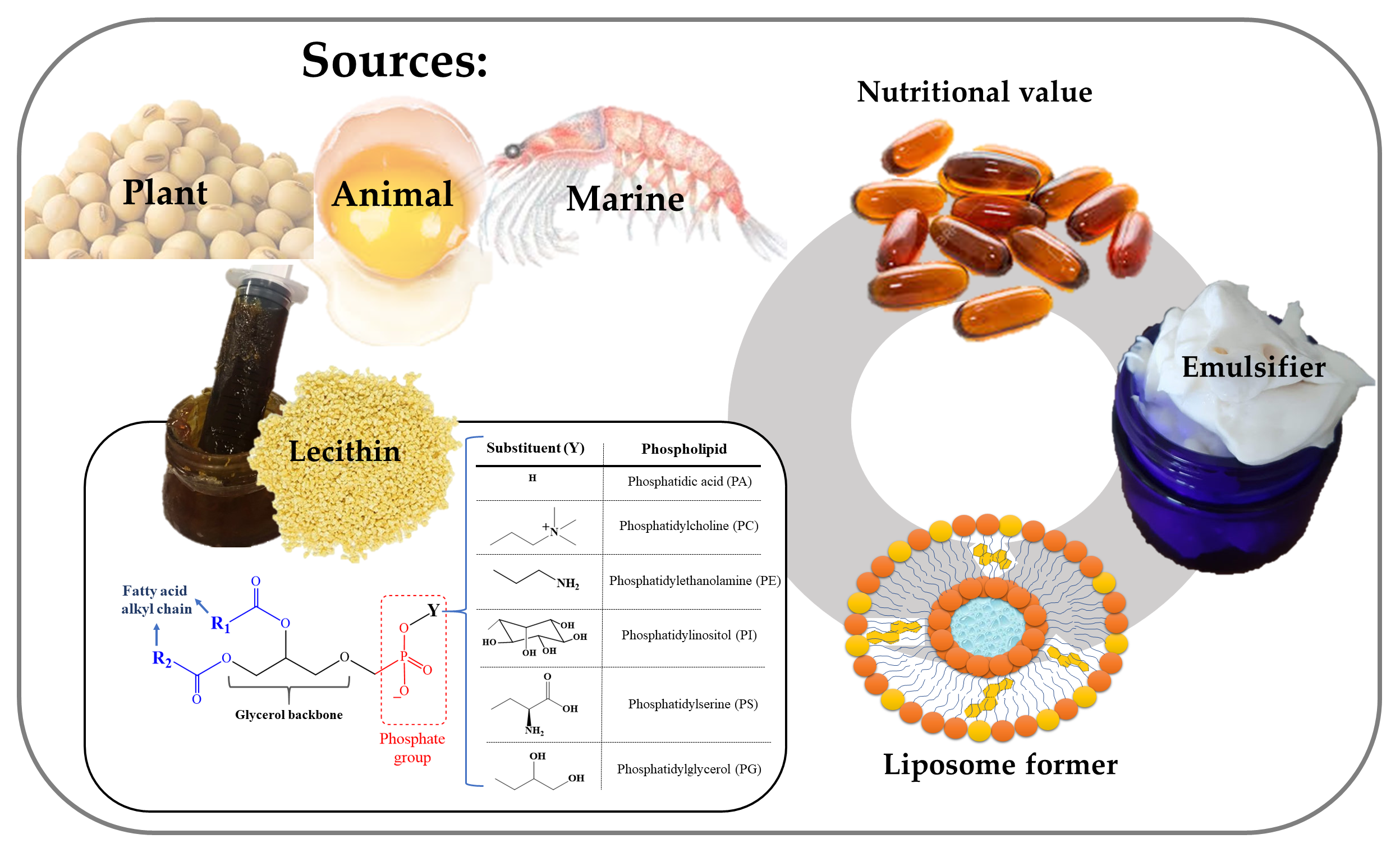
Lecithin is a familiar name in the world of food additives, often praised for its role as a natural emulsifier. Its affordability and versatility make it a staple in many products, but it truly captured public interest amid rumors of its ability to lower cholesterol and melt away belly fat. You've likely seen questions about it popping up in online forums and communities. In this article, we'll dive deep into what lecithin really is, how it works in the body, and its evidence-based health benefits.
At its core, lecithin is a substance that provides phospholipids—essential building blocks for cell membranes. If "phospholipid" sounds intimidating, think of it simply as a partner to cholesterol in forming the protective layers around our cells. Lecithin has a unique dual nature: it interacts with both water and fats, which is key to its emulsifying properties.
To break it down, lecithin features a "hydrophilic" (water-loving) head and a "hydrophobic" (water-repelling) tail made of fatty acids. Imagine it like a squid or octopus: the tail binds to fats, while the head clings to water. In our water-rich bodies, these hydrophobic tails avoid isolation by clustering together, forming the structure of cell membranes. Picture a diagram where the tails huddle in the center, and the heads face outward on both sides. This setup allows lecithin to help dissolve fats and support their metabolism, which may explain the weight-loss rumors surrounding it.


However, lecithin's standout feature is the choline attached to its structure. Choline transforms into several vital compounds in the body: acetylcholine, phosphatidylcholine, lipoproteins, and betaine. Let's explore each and their contributions to health.
Choline converts to acetylcholine, a neurotransmitter crucial for cognitive function. Numerous studies highlight its role in preventing dementia, boosting memory, and enhancing overall brain performance. By supporting neural communication, acetylcholine keeps the mind sharp and resilient.

This form aids in normal blood clotting, ensuring the body's natural healing processes work efficiently. It also collaborates with lipoproteins to promote healthy blood vessels.
Lipoproteins act as cholesterol transporters, helping maintain balanced levels. When we talk about "bad" LDL and "good" HDL cholesterol, we're actually referring to these lipoproteins. Optimal lipoprotein function improves blood lipid metabolism, cholesterol regulation, and fat absorption—factors that can positively influence weight management and reduce the risk of vascular issues.

In the liver, choline oxidizes into betaine, which prevents excessive conversion of methionine to homocysteine. Homocysteine is an inflammatory compound; high levels can heighten inflammation and elevate heart attack risks. By managing this pathway, betaine supports cardiovascular health.
Lecithin's influence extends far beyond choline. It's a major component of bile, making up 20-30% of the phospholipids in this digestive fluid produced by the liver and stored in the gallbladder. Proper bile secretion enhances fat digestion, prevents gallstones, clears waste, boosts liver function, and aids detoxification. This is particularly beneficial for preventing fatty liver disease, tying back to lecithin's role in overall fat metabolism.
Additionally, through choline, lecithin activates the parasympathetic nervous system—the "rest and digest" mode that counters the stress-driven sympathetic system. In our fast-paced world, sympathetic overactivity is common, leading to health woes. Parasympathetic activation improves digestion (addressing issues like indigestion and stomach discomfort), alleviates insomnia, and helps stabilize blood pressure. Many of these problems stem from stress, making lecithin's calming effect a valuable ally.
Since lecithin is integral to cell membrane formation, it promotes healthy tissues throughout the body. This means better skin moisture and elasticity, stronger blood vessel walls, and robust nerves and brain structures. It can even help ease unexplained neuralgia by supporting membrane integrity.
Finally, lecithin combats insulin resistance thanks to inositol, another component that enhances insulin sensitivity. This makes it a potential aid for metabolic health, especially in conditions like diabetes.
Lecithin is abundant in everyday foods such as soybeans, sunflower seeds, and egg yolks, from which it's easily extracted. For those seeking concentrated benefits, supplements are available, often in powder form. Similar to collagen, noticeable effects may require higher doses, so powders are practical. However, always consult a healthcare professional to determine the right dosage and ensure safe use.


Lecithin is more than just an emulsifier—it's a multifaceted nutrient with profound effects on brain health, cholesterol balance, digestion, stress management, and metabolic function. While it may not be a miracle cure for weight loss, its contributions to phospholipid supply, choline delivery, and cellular integrity make it a worthwhile addition to a balanced diet. If you're curious about incorporating lecithin or have specific questions, consider discussing it with a expert. Stay informed and take charge of your health!
```